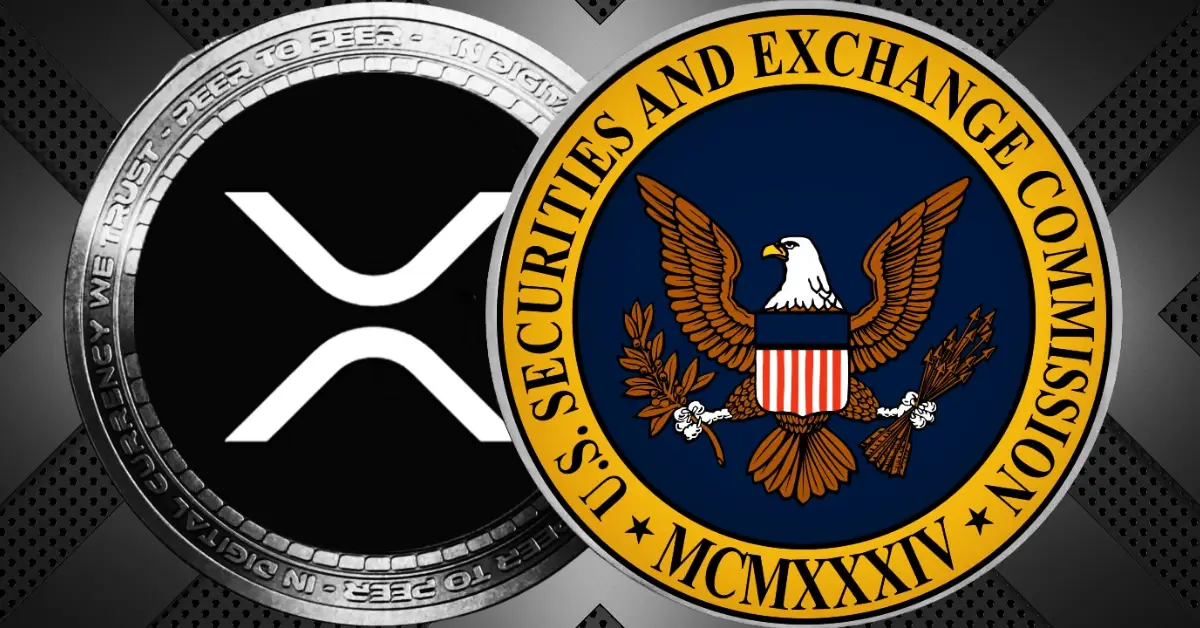
On Thursday, Judge Analisa Torres rejected a joint request by Ripple and the SEC to approve a reduced $50 million fine and remove a permanent injunction. She criticized both sides for trying to reverse a final court ruling through a private settlement.
If the parties “genuinely wish to end the case”, they are now given two options by the court: Ripple and the SEC can either drop their appeals or move forward to appeal her injunction. To this, Ripple’s Chief Legal Officer, Stuart Alderoty, reacted by saying, “The ball is back in our court.”
He made it clear that no matter what they decide, XRP’s legal status remains unchanged, that it is not a security.
John Deaton says that Judge Torres pushed back in a way the SEC didn’t expect. He explains that the SEC cited the wrong rule and failed to show any exceptional circumstances to justify changing her earlier decision. Judge Torres said that “the parties haven’t come close” to doing that.
According to Deaton, there is a high bar to meet, and the SEC didn’t clear it. After years of work on the case, the judge was not convinced by the SEC’s sudden request to reduce the fine by 60% and expected a much stronger argument.
Deaton also expected more solid arguments from both sides and admits he underestimated the chances of the judge denying the motion, giving it only a 30% likelihood.
He backed Judge Torres for following the law despite political changes. He said that protecting investors is important, especially in a crypto world full of scams like Celsius, Voyager, BlockFi, and FTX.
Attorney Fred Rispoli said Ripple and the SEC will likely drop their appeals and settle around $50 million, keeping Judge Torres’ ruling in place. He also added that the SEC may privately or publicly assure Ripple that it won’t face further restrictions, as long as it stays compliant. The court’s injunction will stay in place, but only matters if the SEC chooses to enforce it, which he sees as unlikely.
The rejection means Ripple remains subject to the permanent injunction restricting institutional XRP sales and the original $125 million penalty. However, XRP’s legal status as “not a security” for programmatic sales remains unchanged.
If they drop appeals, Judge Torres’ ruling (XRP is not a security in secondary markets) solidifies, offering clarity. If they appeal, the case prolongs, potentially leading to a higher court ruling that could either reinforce or alter XRP’s regulatory classification.
Private assurances, as suggested by Fred Rispoli, could signal the SEC’s reduced intent to enforce the injunction, potentially boosting Ripple’s operational freedom and positively influencing XRP’s market sentiment, even if the injunction remains.
CoinPedia has been delivering accurate and timely cryptocurrency and blockchain updates since 2017. All content is created by our expert panel of analysts and journalists, following strict Editorial Guidelines based on E-E-A-T (Experience, Expertise, Authoritativeness, Trustworthiness). Every article is fact-checked against reputable sources to ensure accuracy, transparency, and reliability. Our review policy guarantees unbiased evaluations when recommending exchanges, platforms, or tools. We strive to provide timely updates about everything crypto & blockchain, right from startups to industry majors.
All opinions and insights shared represent the author's own views on current market conditions. Please do your own research before making investment decisions. Neither the writer nor the publication assumes responsibility for your financial choices.
Sponsored content and affiliate links may appear on our site. Advertisements are marked clearly, and our editorial content remains entirely independent from our ad partners.
Sharps Technology has announced a strategic collaboration with Coinbase, one of the world’s leading digital…
The Stellar price today remains in a tight consolidation phase between $0.38 and $0.40, as…
State Street, managing $4.1 trillion in assets, forecasts that most institutional investors will double their…
While many presales rely on hype, XRP Tundra takes a structural approach closer to Chainlink’s…
Back in 2021, Solana (SOL) rose from under $2 to more than $250, rewarding early…
What is $LILPEPE? Little Pepe ($LILPEPE) is a next-generation meme coin built on a layer-2…